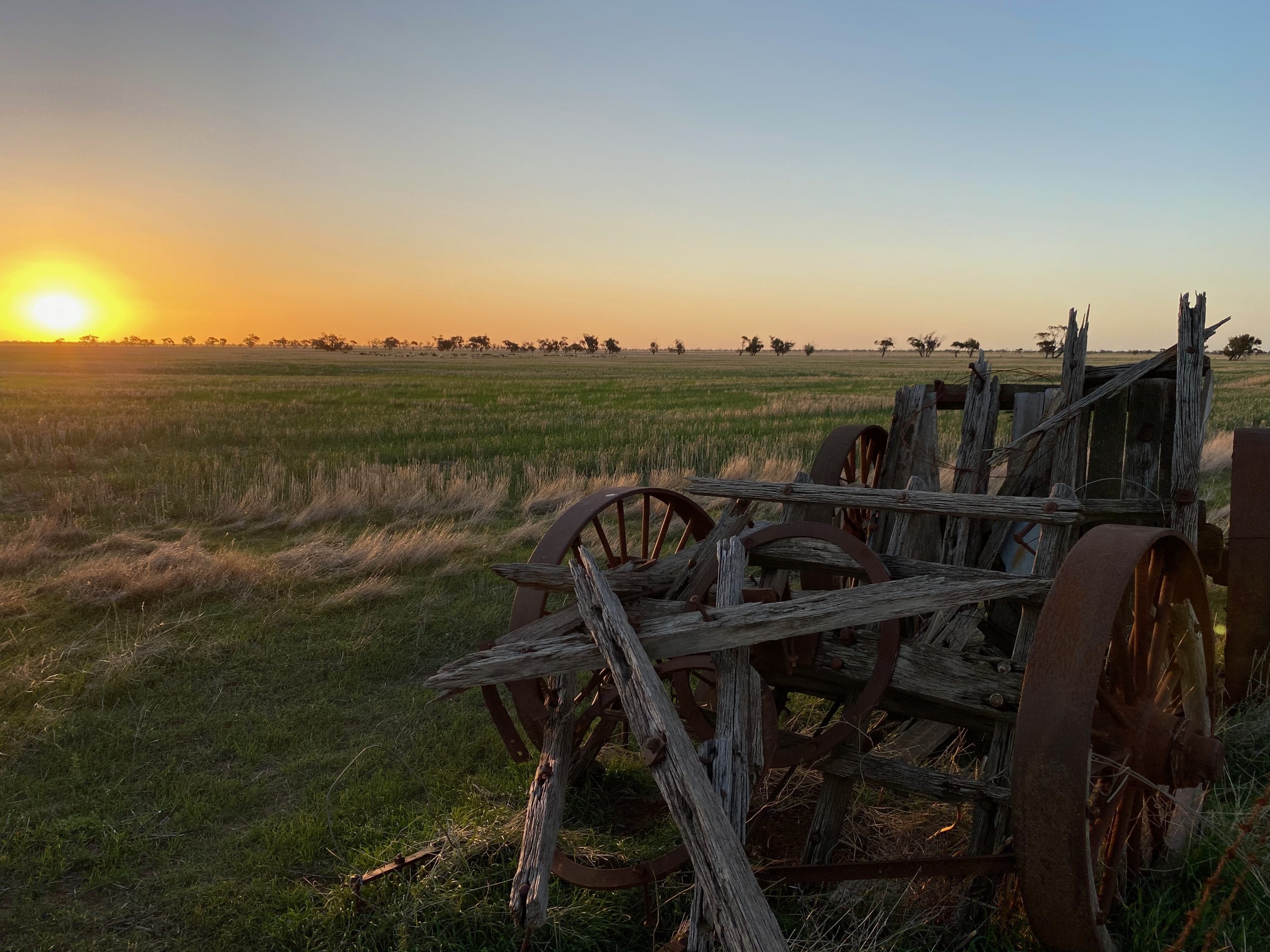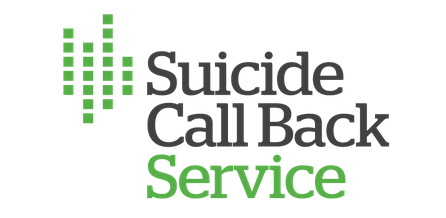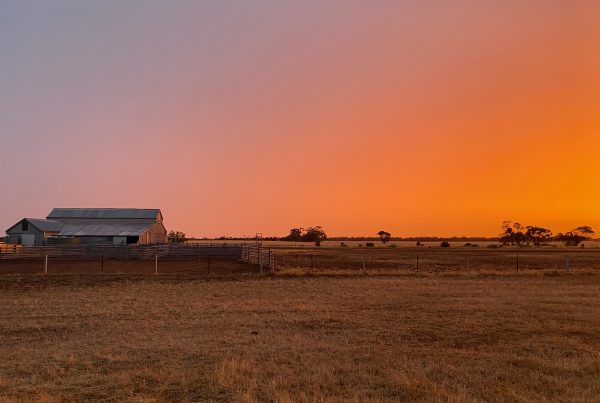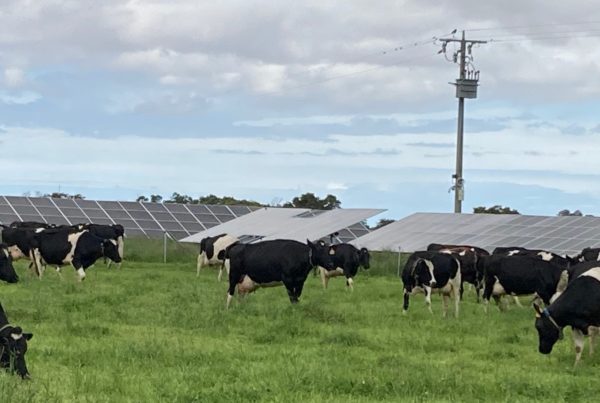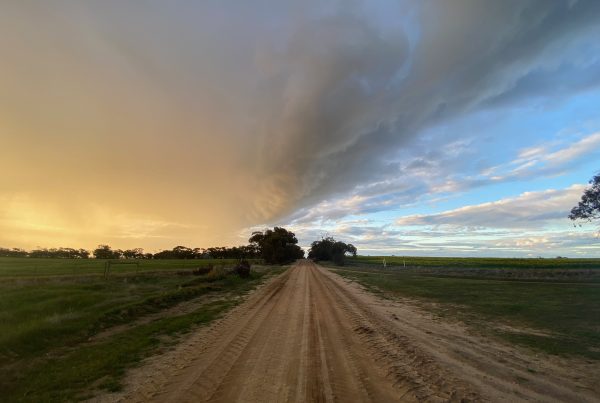Australian farmers and their families are no strangers to adversity and rural communities often have strategies for coping with difficult times. Ironically, farmers’ famous stoicism can sometimes prove a barrier to seeking assistance for mental health and other problems. Climate change is likely to compound the many other stresses and strains already facing rural communities, demanding new coping strategies. Doing climate-smart agriculture well also means looking after yourself and those around you, and working to build resilient, vibrant rural and regional communities.
Fortunately, climate action can prove a powerful remedy for despair. For instance, as more and more renewable energy (e.g. solar and wind) comes online, Australia’s energy system is decentralising, creating new opportunities in rural and regional communities. Jobs are created, directly and indirectly: in project development, construction, and operation. What’s more, projects that are initiated, co-owned and/or shared by local communities can strengthen the social fabric. Renewable energy on farms can add a new, stable income stream, while community enhancement funds inject money into local economies and community projects.
A resilient community is one in which individuals take responsibility for proactively managing the risks they face, including climate risk. Communities may muddle through, and that’s OK. We’re all learning how to live in a new climate. What’s important is a shared sense of purpose, a willingness to learn from experience and diverse perspectives, and ensuring everyone feels understood, needed and wanted. With a little help, most people pull through
drought, fire and other adversities. If you or those close to you show these signs it may be time to seek help:
- Feeling really down or stressed for a fortnight or more—to the point where it’s interfering with your personal and/or work life.
- Thoughts about ending your life.
- Increasing relationship problems, including more/worse arguments.
- Using large amounts of alcohol and/or other drugs in effort to cope.
- Dramatic changes in behaviour (e.g. you can’t get out of bed).
- Feeling unusually irritable or angry—at yourself, others or the world.
- Feeling powerless to deal with strong feelings and/or physical symptoms.
- Feeling worthless, numb, empty and unable to enjoy the activities you usually enjoy.
Remember, action is the best antidote for despair and helplessness. You’re not alone. You matter. And there are people who can help.
Research
- Climate Change and Health. Climate Council report on the health impacts in Australia.
- Critical Breaking Point. A study of farming families’ experiences during drought and drought recovery, produced by the Birchip Cropping Group.
- Climate Change and Farmers’ Mental Health: Risks and Responses. Paper reviewing how climate change and related factors may affect farmers’ mental health in Australia.
- The Black Dog Institute. Website includes steps in seeking help for mood disorders, such as depression and bipolar disorder, as well as information, resources and assessment tools.
- ifarmwell. Online toolkit tailored to help growers cope with challenges, particularly things beyond their control (such as weather), and get the most out of every day.
- Rural & Remote Mental Health. Includes links to workshops and training through RRMH’s Rural Minds programme.
- National Centre for Farmer Health Provides leadership in research, education, information and service delivery to improve health, wellbeing, and safety for farmers and farm workers.
- National Rural Health Alliance. Produces a range of communication materials, including fact sheets and infographics.
Frontline support
- Lifeline on 13 11 14
- RuralAid on 1300 327 624
- Kids Helpline on 1800 551 800
- MensLine Australia on 1300 789 978
- Suicide Call Back Service on 1300 659 467
- Beyond Blue on 1300 22 46 36
- Headspace on 1800 650 890
- ReachOut at au.reachout.com

